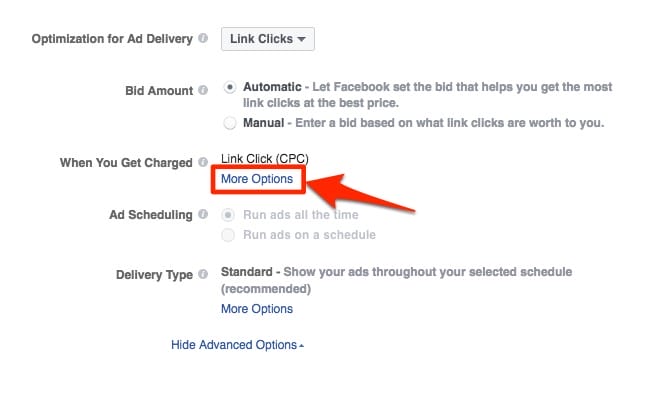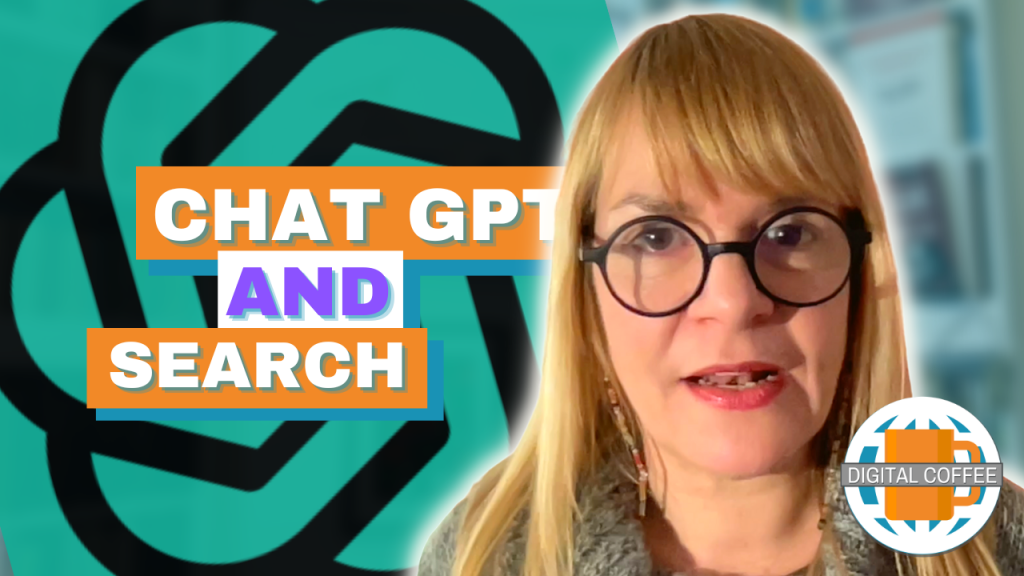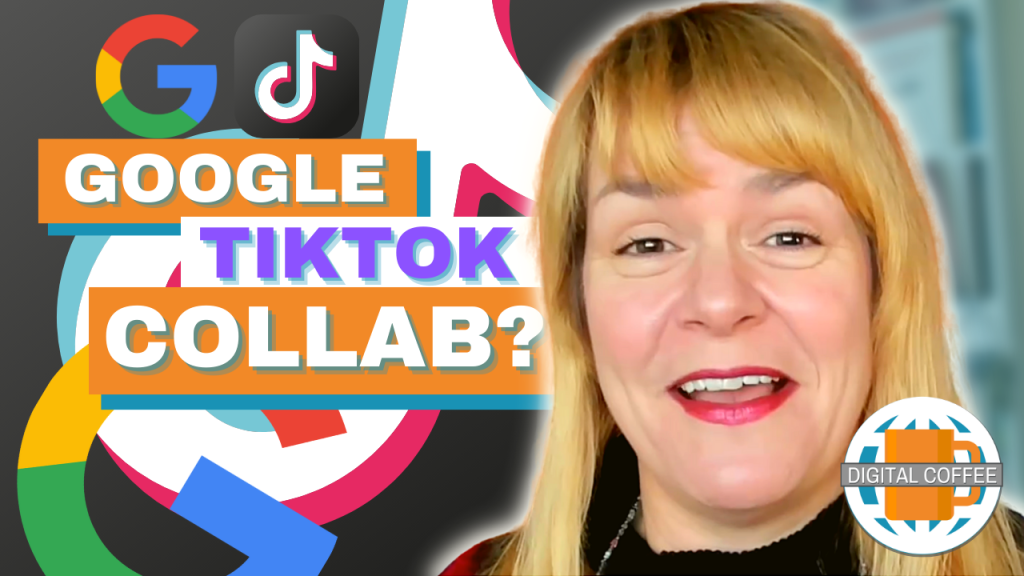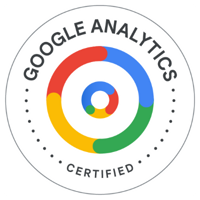
It’s an almost impossible question to answer yet it’s one I find myself estimating over and over again to a varying degree of success. How much should you spend on your Facebook ads?
There are lots of answers I could give you. I could tell you that you set the daily or lifetime budget and Facebook works out the rest.
I could tell you that the minimum spend for an ad set is €1 a day but I can’t tell you exactly what results you should expect for that.
I could tell you that the cost per result will depend on audience size or as Facebook say, it will be the ads that provide:
” …positive, relevant experiences for people using Facebook, Instagram or Audience Network”
that see the best cost per result.
How much should you spend on Facebook ads?
Testing
In reality, for each new client, I have to test. The cost per result will depend on:
- The objective of the ad
- The size of the audience we are targeting
- How competitive the audience we’re targeting are
- Where they live
- How much our ads appeal to our audience
With all these variables it’s essential that we keep honing our ads, that we split test them and keep a keen eye on results.
How to estimate ad results
All this seems a bit vague but we can, with a little more investigation make a good guestimate of how much it’s going to cost us to get the results we want.
In Ads manager, when you are setting up the ad you can find out how much Facebook anticipates your results are going to cost.
Set up your ad as usual, when you get to the budget section click ‘Manual’ under ‘Bid Amount’. Here you’ll see what Facebook estimates it will cost to meet your objective.

We’re just using the manual bid option here to get an estimate, you can return to ‘Automatic Bid’ once you have made a note of the costs.
How to keep ad spend at €1 per day
In 2015 I wrote about Facebook ads and how much you could get for a €1 a day. Since then Facebook has increased the minimum spend on website click ads and app instal ads.
The minimum daily spend for a website clicks ad set is now €5 a day. Although it’s not going to break the bank, for a small business wanting to split test and experiment with multiple ad sets for one campaign it’s a little high.
There is a way to get around the €5 minimum spend.
Go back to the budget section in ads manager and click ‘more options’ next to ‘When you will get charged’.

Select ‘Impression’

Once you’ve selected this option Facebook will let you set a minimum budget of €1 per day for your ad.
What to keep an eye on
Facebook grades your ads for relevance. An ad with a high relevance score will reach more people and get better results than an ad with a low relevance score. It will also ensure that you compete favourably against others targeting the same audience.
Relevance is based on how well your audience reacts to your ads. You can view your relevance scores for recent campaigns in ads manger in the ads section.

The real measure
So far I’ve shown you how to measure results within Facebook but the real results are measured on your website or in your business.
It’s great when you get a good cost per click but what are people doing when they arrive on your site? Don’t stop measuring on Facebook.
Use tracking links and Google analytics to follow your Facebook audience as they move through your site. Use the Facebook pixel to measure conversions but set up goals in your Google Analytics to verify them.
So how much should you spend?
As you can see there is no right answer. If you’re new to ads and experimenting start with a low budget. Make a note of your cost per result for each ad type you run so you have something to benchmark against.
Experiment with your audiences, your placements and your creatives and you’ll soon be able to gauge what the real cost is.
Get a headstart on Google Analytics 4 & understand the lingo with the GA4 phrase book









